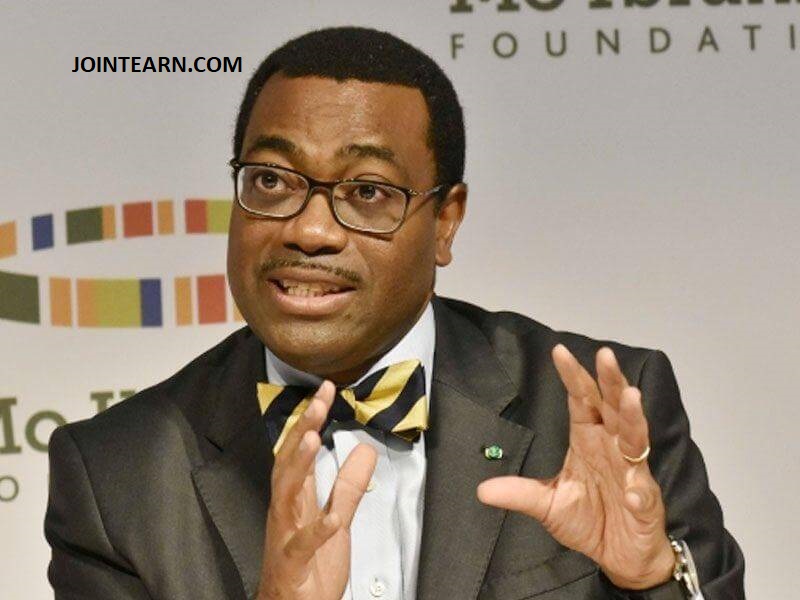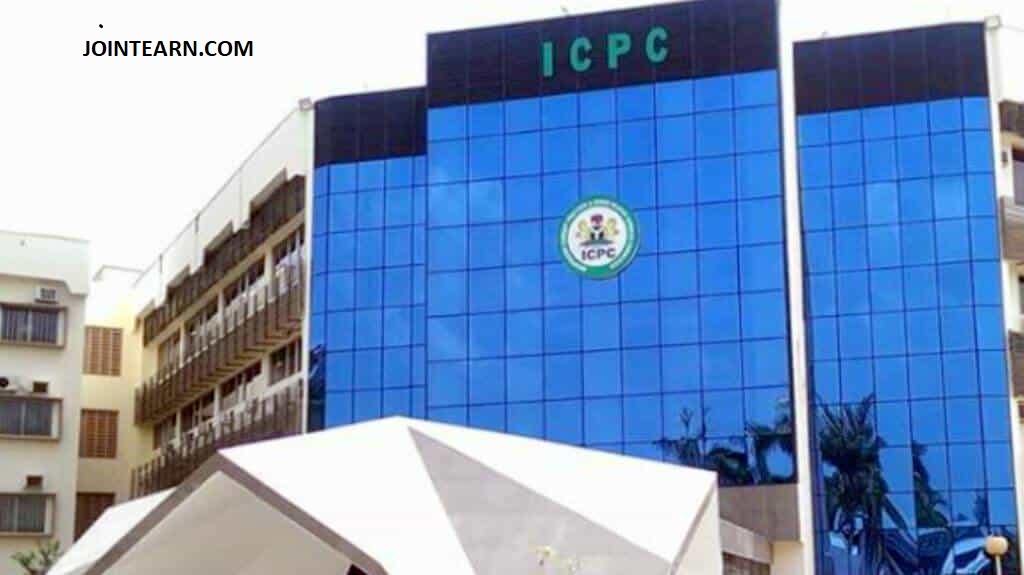Dr. Akinwumi Adesina, President of the African Development Bank (AfDB), has emphasized that Nigeria’s continued reliance on generators for power supply is a significant impediment to the nation’s economic development. Speaking at various forums, including the Manufacturers Association of Nigeria’s annual meeting and Chapel Hill Denham’s 20th anniversary dinner, Adesina highlighted the urgent need for Nigeria to overhaul its energy infrastructure to foster industrial growth and economic resilience.
The Generator Economy: A Symptom of Systemic Failure
Adesina pointed out that the pervasive use of generators across Nigeria is not just a temporary solution but a reflection of systemic issues within the country’s power sector. He noted that the lack of reliable electricity supply forces businesses and households to invest heavily in alternative power sources, which is both economically inefficient and environmentally unsustainable.
“No business can survive in Nigeria without generators. Consequently, the abnormal has become normal,” Adesina remarked, underscoring the normalization of an unsustainable practice.
Economic Implications of Power Deficiency
The economic ramifications of Nigeria’s power challenges are profound. According to Adesina, the country loses approximately $29 billion annually—about 5.8% of its GDP—due to unreliable power supply. Additionally, Nigerians spend around $14 billion each year on generators and fuel, funds that could be redirected towards more productive economic activities.
These expenditures place a significant burden on businesses, particularly in the manufacturing sector, where energy costs constitute a substantial portion of operational expenses. The high cost of self-generated power diminishes the competitiveness of Nigerian products in both local and international markets
The Broader Context: Infrastructure and Governance
Adesina’s critique extends beyond the energy sector, touching on broader issues of infrastructure and governance. He highlighted that many Nigerians are compelled to provide essential services for themselves, such as electricity, water, and road maintenance, due to government inadequacies. This situation effectively imposes a high “implicit tax” on citizens, who bear the cost of services that should be publicly provided.
“Most of the citizens provide electricity for themselves via generators; they repair roads in their neighbourhoods if they can afford to. They provide boreholes for drinking water with their money,” Adesina lamented, illustrating the extent of government service delivery failures.
A Call for Bold Reforms
In his address at Chapel Hill Denham’s anniversary event, Adesina called for bold and comprehensive reforms to reposition Nigeria on a path to sustainable development. He emphasized the need for the country to transition from an economy heavily reliant on crude oil exports to one driven by industrialization, technological innovation, and diversified economic activities.
Adesina drew a stark comparison between Nigeria and South Korea, noting that while Nigeria’s GDP per capita has declined from $1,847 in 1960 to $824 today, South Korea’s has surged to $36,000 over the same period. This contrast underscores the consequences of policy choices and the importance of strategic economic planning.
Strategic Priorities for Economic Transformation
To catalyze Nigeria’s economic transformation, Adesina outlined several strategic priorities:
-
Universal Electricity Access: Investing in reliable and sustainable energy infrastructure to eliminate the dependence on generators and support industrial growth.
-
Quality Infrastructure: Developing robust transportation, communication, and utility systems to facilitate economic activities and attract investment.
-
Rapid Industrialization: Promoting manufacturing and value-added industries to diversify the economy and create employment opportunities.
-
Innovation-Driven Growth: Encouraging research, development, and the adoption of new technologies to enhance productivity and competitiveness.
-
Competitive Agriculture: Modernizing the agricultural sector to increase efficiency, ensure food security, and expand export potentials.
Adesina also highlighted the potential of initiatives like the Dangote Refinery and the African Development Bank’s Desert to Power project, which aims to provide electricity to 250 million people across the Sahel region, including Northern Nigeria.
Conclusion: Embracing a New Economic Paradigm
Dr. Akinwumi Adesina’s insights present a compelling case for Nigeria to confront its infrastructural and governance challenges head-on. By addressing the systemic issues in the power sector and implementing comprehensive economic reforms, Nigeria can unlock its full potential and set a course towards sustainable development and prosperity.
The path forward requires a collective commitment to change, strategic investments in critical sectors, and unwavering political will to implement necessary reforms. Only then can Nigeria transition from a generator-dependent economy to a dynamic, industrialized nation.












